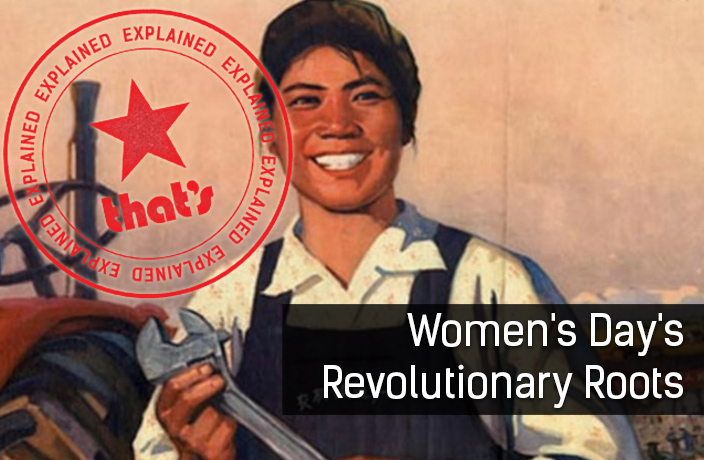It’s late 2012, and centered among a throng of mayhem and an overwhelming crowd of looming men stands a young, brave 15-year-old Pakistani schoolgirl named Malala Yousafzai. Her high-pitched voice explodes in protest with her unwavering belief and indignation as she demands a very simple thing: the right of all young girls to an education. She’s determined to be heard loud and clear, but the response almost proves fatal. She’s shot in the head by Taliban gunmen.
Nine months after being airlifted to England for treatment, this heroic young lady addresses the United Nations. She has a much larger stage than she could ever have imagined. Fast-forward to 2015, and just last month, an inspiring documentary by David Guggenheim titled He Named Me Malala hits cinema screens across the globe to approving audiences. It stirs emotions and once again brings to light a topic that has been on the minds of many: why is access to education for girls still more limited than boys?
According to a UNESCO and the United Nations Girls' Education Initiative (UNGEI) report released this October to mark International Day of the Girl Child, less than half of the world's countries have achieved gender parity in schools. Even though the report claims that progress has been made overall – nations with the same amount of males and females in primary and secondary education rose from 36 to 62 – it also still found that only 50 percent of countries had equal numbers of boys and girls in lower secondary, while the figure for upper secondary was just 29 percent.
In China, the problem is most pronounced in rural areas and in ethnic minority communities. School completion rates for girls in these parts are lower than for boys due to poverty, low quality of education and gender attitudes. An estimated two-thirds of China's school-age children who are not enrolled in school are girls. When they are enrolled, the girls are usually the first to drop out when economic pressures affect their families. Less than 50 percent of girls who graduate from primary school complete secondary education.
Girls of migrant families in big cities also face severe challenges in completing their basic education, with many choosing to become domestic or unskilled workers due to inequality of employment opportunities. In addition, the highly unbalanced sex ratio of 117 boys to every 100 girls highlights deeply embedded gender biases in China’s social and cultural milieu, which affect girls’ inclusion in education, especially at higher levels.
But rest assured, it’s not being ignored by those in power. In September of this year, China's first lady and UNESCO's special envoy for girls' and women's education Peng Liyuan delivered a speech at the Global Education First Initiative event at the United Nations in New York, stressing equality for all members of Chinese society and the key importance of education for females.
The end credits of He Named Me Malala notes that it was "inspired by the book I am Malala." Inspired is right. It just doesn't make sense to exclude our girls. It shouldn't. We should not be agreeing with archaic ways of thinking in this 21st-century world. It's not fine to live with such staggering disparities while we have the technology, the will and a powerfully connected young generation ready and able to make a difference for their peers globally.






















0 User Comments